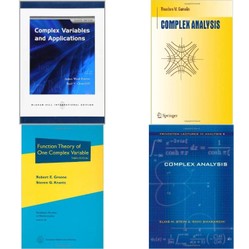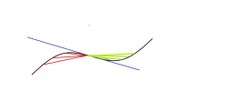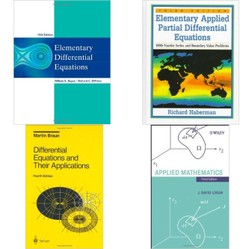Complex analysis, to the layperson, is a subject involving calculus using both real and imaginary numbers. It is a strange subject, but a beautiful one, and is often both fun and challenging to learn, in part because it is easy to visualize, but sometimes requires thinking in more than 3 dimensions.
This page gives my personal review of a number of different textbooks on complex analysis.
I start with more introductory books (for advanced college students, people having taken calculus but not much more math) and then move into more advanced texts, suitable to graduate students and people who have already taken this subject.
I have read and worked with every one of these books! Every review here is from my personal experience, which in most cases is quite extensive















 The Shaming of Femininity and Elevation of Masculinityon 07/13/2017
The Shaming of Femininity and Elevation of Masculinityon 07/13/2017
 What is Genderqueer or Non-Binary Gender?on 10/16/2015
What is Genderqueer or Non-Binary Gender?on 10/16/2015
 Resources for Learning Spanish Free Onlineon 04/13/2016
Resources for Learning Spanish Free Onlineon 04/13/2016
 Ways Native Plants Can Help Control Invasive Plantson 05/26/2016
Ways Native Plants Can Help Control Invasive Plantson 05/26/2016



Questions? Comments? Feedback?